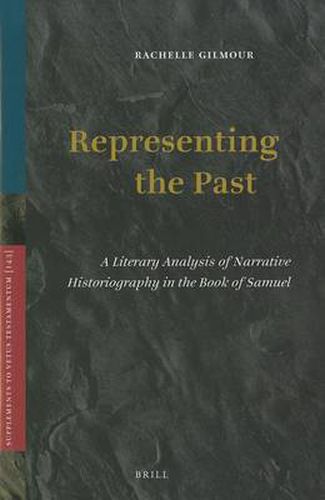Readings Newsletter
Become a Readings Member to make your shopping experience even easier.
Sign in or sign up for free!
You’re not far away from qualifying for FREE standard shipping within Australia
You’ve qualified for FREE standard shipping within Australia
The cart is loading…






Eschewing both so-called minimalist and maximalist readings, this volume advocates an understanding of the book of Samuel as ancient narrative historiography that must be understood according to its own conception and ideology of history before being judged as a historical source. This study shows how narrative strategies and literary embellishment, unaccustomed in modern historiography, are used to express familiar historical concepts such as causation, meaning and evaluation of the past. The requirements for historical ‘accuracy’ within the book’s cultural milieu are investigated through analysis of the differences tolerated between the LXX and MT versions. Fresh interpretive insights for specific passages emerge as the conventions of historiography in Samuel are compared and contrasted to the ideals of modern historical theory.
$9.00 standard shipping within Australia
FREE standard shipping within Australia for orders over $100.00
Express & International shipping calculated at checkout
Eschewing both so-called minimalist and maximalist readings, this volume advocates an understanding of the book of Samuel as ancient narrative historiography that must be understood according to its own conception and ideology of history before being judged as a historical source. This study shows how narrative strategies and literary embellishment, unaccustomed in modern historiography, are used to express familiar historical concepts such as causation, meaning and evaluation of the past. The requirements for historical ‘accuracy’ within the book’s cultural milieu are investigated through analysis of the differences tolerated between the LXX and MT versions. Fresh interpretive insights for specific passages emerge as the conventions of historiography in Samuel are compared and contrasted to the ideals of modern historical theory.